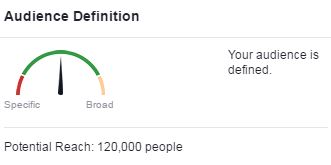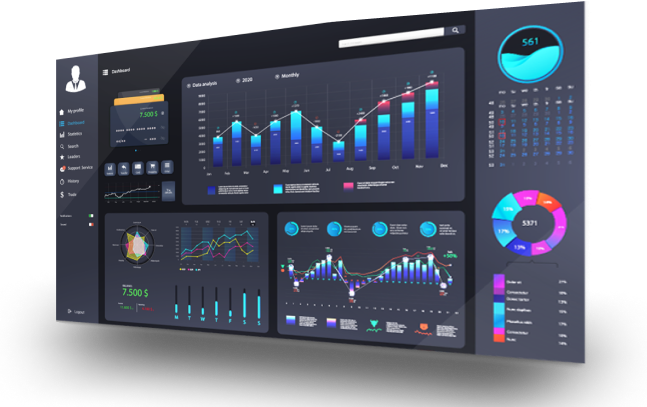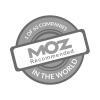Facebook is a great way to reach your target audience, but it is important to implement your Facebook campaigns correctly. It can be easy to make mistakes, causing you to waste money and throw in the towel. Three mistakes to avoid making when you are first starting your Facebook campaigns are: not knowing your target audience, under or over estimating your budget, and not knowing which platform within Facebook’s advertising network to place your ad.
1. Targeting
Facebook allows you to target people very specifically, but a common mistake is going too specific. There are a lot of great features you can take advantage of in the Facebook platform. Before you start creating your Facebook audience, you need to know what your target market is. Once you have figured that out, you can put that market into Facebook and start to narrow it down. You also want to make sure your audience isn’t too broad. It might sound good to have a reach of over one million people, but they will be less likely to convert because not all of those people will be interested in your business. Below is a picture of the audience definition meter you will see when creating your audience. You change the meter by adding specifications to your audience. Having the meter pointing to the red side, or the specific side, is not good, it means you will not reach a large audience and Facebook suggests you widen your audience. You also don’t want the meter to land in the yellow, or broad section, because your ad may not be relevant to everyone it is being shown to.

Having the meter right in the middle, like in the diagram above, is a great place to target your audience. It is not too specific, but also not too broad. Facebook allows for many different types of targeting, and when you are new to Facebook advertising it is easy to use too many or not enough filters. Setting the right parameters will depend on your market, but using the Audience Definition as a guideline can help.
2. Budget
In order to get the most out of your Facebook campaigns, start with a high budget for about a week to get an idea of what is working and what isn’t and what your average cost per click or cost per thousand impressions is. With a higher budget, you will be able to serve your ad more often and have a larger sample size to help you make decisions. Sometimes it does take money to learn the best practices for your campaigns. Once you have figured out how much the cost per click or cost per thousand impressions, you can better set your daily or lifetime budget. A daily budget is how much you are willing to spend every single day. A lifetime budget means you will spend that amount of money then your campaign will turn off. Both daily and lifetime budgets are good choices, choosing between the two is simply a factor of how long you would like to run the campaign, or the size of your budget.
3. Ad Placement Location
Overall, Facebook offers three different platforms where you can place ads. These include: Facebook, Instagram, and the Audience Network. The first step to picking where your ads should be shown is knowing how your site responds to mobile and desktop users. Are most of your conversions on desktop? On mobile? These are things you need to know ahead of time. If your website gets most of your conversions from desktop then it is best to change the placement option to only desktop, which will only show your ads on the Facebook news feed and sidebar. If your site is mobile friendly and you get most of your conversions from there, then you have a few different options. You then can advertise on Facebook, Instagram and the Audience Network. If you have good images, then using Instagram in addition to Facebook is a good idea.
Facebook is a great way to reach your target market. Creating your first set of Facebook campaigns can be intimidating. Keep in mind it may take a week or two before you hit your stride. There will be trial and error, but if you need to stick with it. If you avoid these three key mistakes, you will have a leg up on your competition and give your business the boost its needs.JUMP TO A CATEGORY
WEB ANALYTICS | SEARCH OPTIMIZATION | PAID ADVERTISING | COMPANY NEWS









